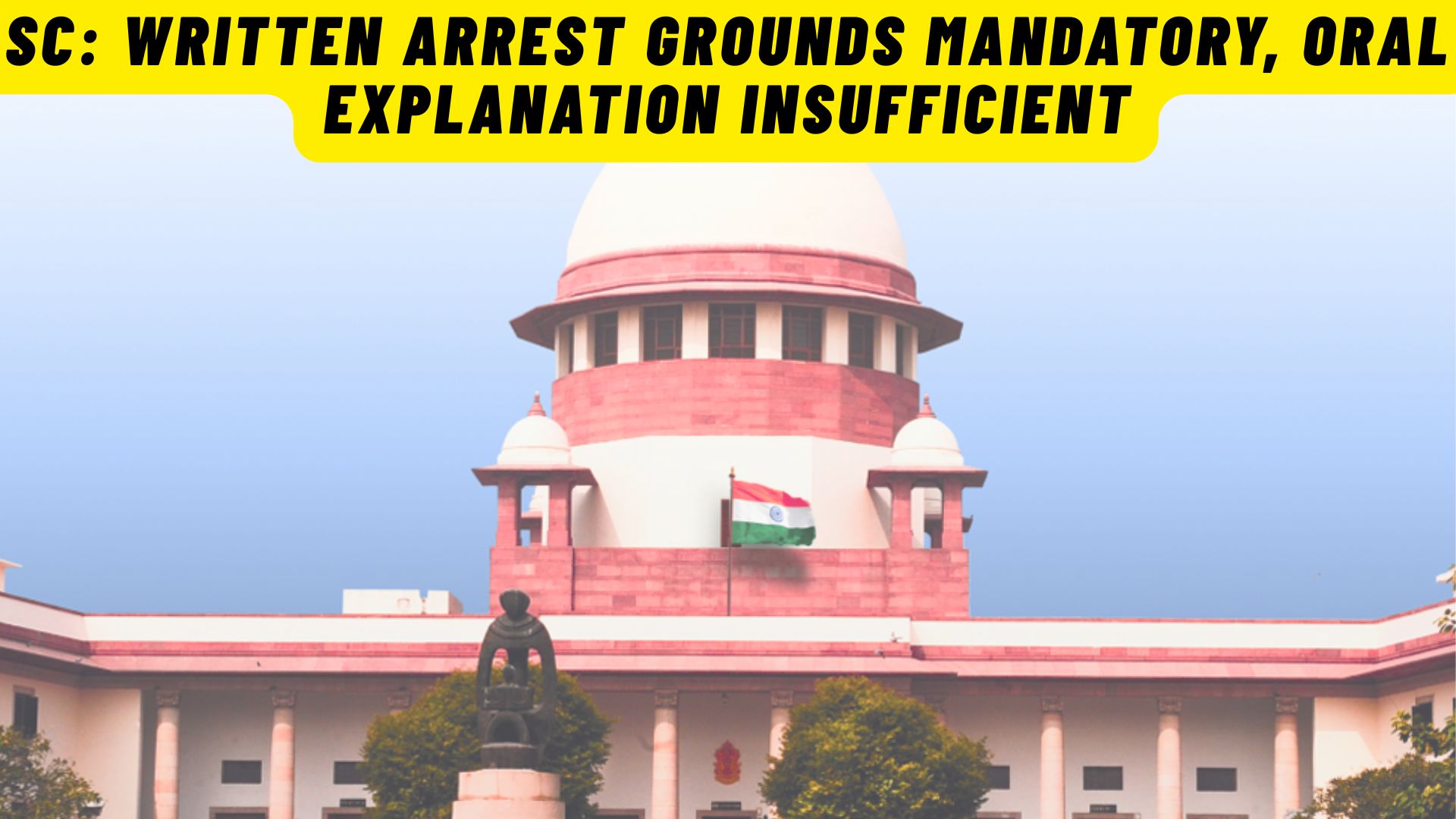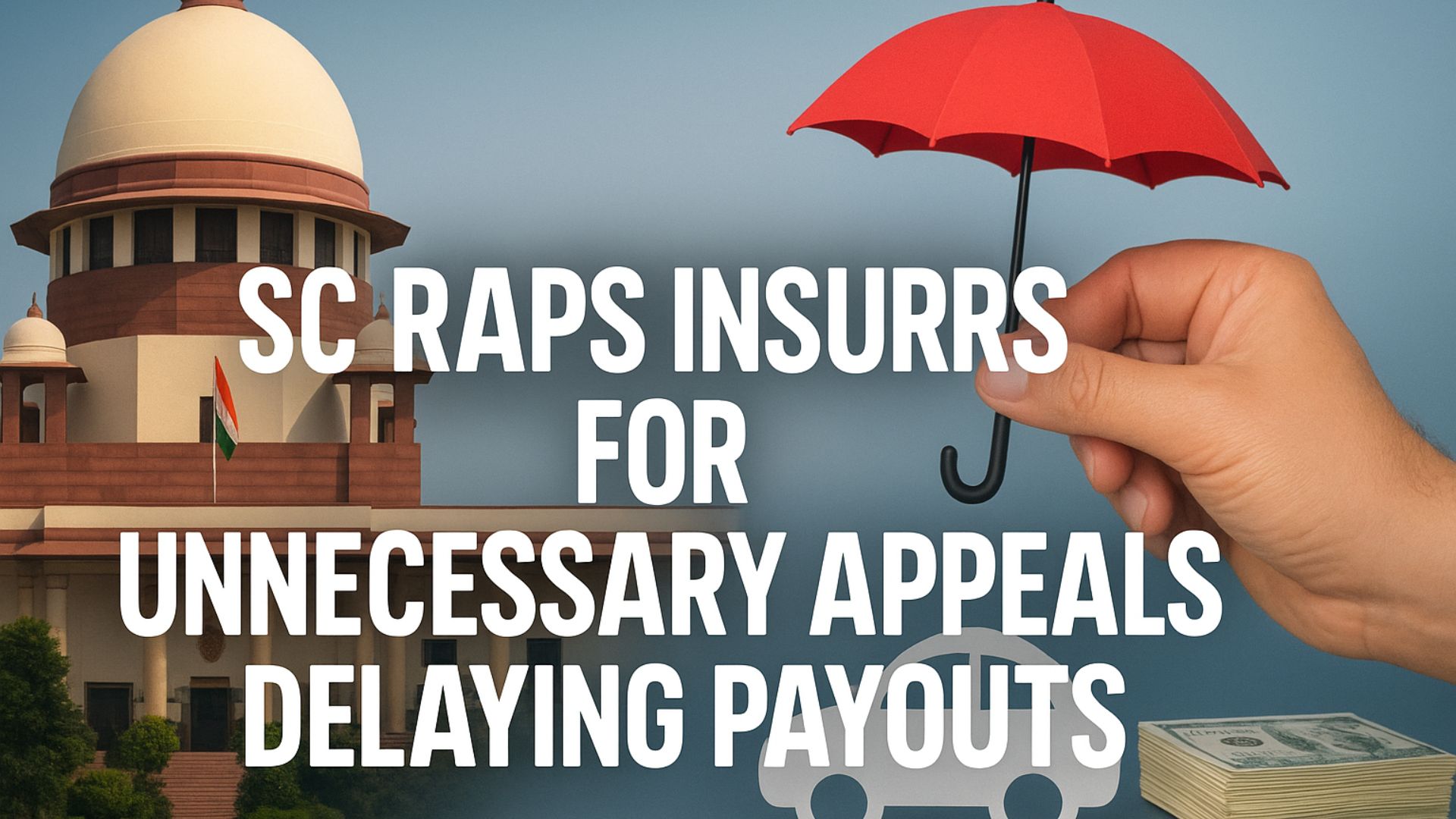@JUDGMENTTAG-ORDER
D.S. Mathur, J.@mdashThis is an application in revision by Inder Singh and Makhan Singh against the order, of the Sessions Judge of Meerut
upholding the order of the Magistrate directing each of the applicants to deposit in court Rs. 1200/- as penalty for being unable to produce the
accused in court to undergo the trial.
2. The only point urged before me is that when the case was transferred from the court of one Magistrate to another ill cases where the sureties
had undertaken to produce the accused before the former court, the surety bonds stood discharged as soon as the case was transferred to another
court, and that the bonds did not revive when the case was retransferred to the original court.
3. The facts of the case are not in controversy. One Gurbachan Singh was standing his trial u/s 304 IPC in the court of Shri N. C. Sharma,
Magistrate of Meerut, and the present applicants stood surety for Gurbachan Singh and executed a surety bond whereby they undertook to pay
the penalty if the accused failed to present himself in the court of Shri N. C. Sharma on every day of hearing for so long as the case re-, mained
pending for preliminary inquiry or was committed to the court of Session. The case was later on transferred to the court of Shri Jai Chand andi (n
the end to that of Shri G. A. Farooqi. When the accused did not put in appearance in the cburf of Shri G. A. Farooqi, the case was retransferred
to the court of Shri N. C. Sharma who forfeited1 the surety bond and called upon them to deposit the amount of the bond or to show cause why
such an order be not passed. After concluding the inquiry Shri N. C. Sharma directed the applicants to pay full penalty of Rs. 1200/- each.
4. Two cases of Calcutta High Court had been brought to the notice of the lower appellate court. In one, namely, Hem Lal Ganguly Vs. Emperor,
a view favourable to the applicants was taken. This view was, however, not followed in the subsequent case of Amulya Charan Pal Vs. Emperor, .
The decision in the earlier case cannot be regarded as a good law chiefly because the learned Judge did not give any reasons for taking that view
and merely nppli-ed the proposition laid down in Shamisuddin Sirkar v. Emperor ILR 30 Cal 107 the facts of which were different. In ILR 30 Cal
107 the bonds were forfeited by another court to which the case was transferred and not by the court before whom the sureties had bound
themselves to present the accused.
In Amulya Charan Pal Vs. Emperor, the question was considered in general terms without 7-eference to the provision of the Indian Contract Act.
It was observed therein that the contract was between the Crown and the surety, that the surety had contracted with the Crown that he would
produce the accused before the Magistrate till the case against the Accused was disposed of, and that the case had not been disposed of and the
surety had failed to produce the accused. It was thus held that the surety bond was still in force and the sureties could be penalised if they failed to
produce the accused in court. I am in full agreement with the principle laid down in this latter Calcutta case.
5. The learned Counsel for the applicants relied upon three Sections of the Indian Contract Act,. namely, Sections 56. 63 and 134. It was also
said that on the application of the principle of equity, the contract should not be enforced once the case had been transferred to another court.
6. Section 56 of the Indian Contract Act runs as below :
Agreement to do Impossible Act: An agreement to do an act impossible in itself is void.
Contract to do Act Afterwards Becoming Im-possible or Unlawful : A contract to do an act which, after the contract is made, becomes
impossible, or by reason of some event which the promi-sor could not prevent, unlawful becomes void when the act becomes impossible or
unlawful.
Compensation For Loss Through Non-Perfor-jnance of Act Known to be Impossible or Unlawful - Where one person has promised to do
something which he knew, or, with, reasonable diligence, might have known, and which the promisee did not know to be impossible or unlawful,
such promisot must make compensation to such promisee for any loss which such promisee sustains through the non-performance of the promise.
The contract was to produce the accused in a particular Court. Production of the accused before any Court is independent of the court where the
accus-ed has to be produced, for example, the production would depend upon the influence of sureties in compelling the accused to attend the
Court on every date fixed. It will not, in any way, be connected with or dependent upon the Court in which? the case is pending. Any court before
whom the case is pending can issue summons or warrant for the appearance of the accused and they can all render assistance to the sureties to
secure the attendance of the accused in court. Consequently, it cannot be said that by the transfer of the case to-another Court it became
impossible to carry out the contract. Section 56 of the Indian Contract Act is applicable to only those agreements which relate-to the doing of an
impossible act or an act which? had become impossible to do on account of certain levents happening subsequent to the making of the contract.
7. Section 63 of the Indian Contract Act provides that every promisee may dispense with or remit, wholly or in part, the performance of the
promise made to him, or may extend the time for such performance, or may accept instead of it any satisfaction which he thinks fit. In the case of
suretjr bonds in criminal cases the promisee is the Statei and not the Court. Courts cannot be treated as agent of the State, otherwise Courts would
be incompetent to decide cases instituted by the State. Consequently, the promisee cannot be said to have heen responsible for the transfer of the>
case from one court to another. Further, by that transfer of the case it cannot be said by any stretch of imagination that the Court had dispensed
with'' the performance of the promise. The surety continued to be responsible for the production of the accused in Court referred to in, or
contemplated by, the surety bonds.
8. Section 134 of the Indian Contract Act governs the discharge of surety by release or discharge of principal debtor. It provides that the surety is.
discharged by any contract between the creditor an the principal debtor, by which principal debtor is released, or by any act or vision of the
creditor, the legal consequence of which is the discharge of the principal debtor. By the transfer of the case to the court of another Magistrate the
principal debtor namely, accused, is not discharged. He has to undergo his trial in one Court or the other. Further, by the transfer of the case there
is no act or omission on the part of the Court or the State by which the accused is discharged.
9. In other words, there is no provision in the Indian Contract Act where under surety bonds exe- Icuted by sureties they would stand discharged
as ''soon as the case is transferred to another court.
10. The principle of equity cannot also be of any help to the sureties. They had bound themselves to present the accused before a court of law; till
the conclusion of the trial. Consequently, their: responsibility would continue for so long as that case is pending, Admittedly by the transfer of the
case from one Court to another, the criminal case does not come to an end.
11. I am thus of opinion that the surety bond executed by the applicants was in force when the criminal case was retransferred to the file of Shri N.
C. Sharcria and he had the power to forfeit the bond and to impose penalty when the sureties failed to produce the accused in Court to undergo
the trial.
12. Instances of accused persons absconding are on the increase and in the circumstances of the case the amount of penalty imposed cannot be
said to be excessive.
13. The revision application is hereby dismissed summarily.

